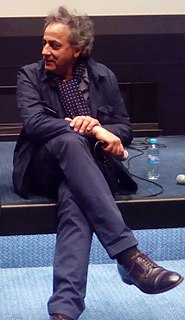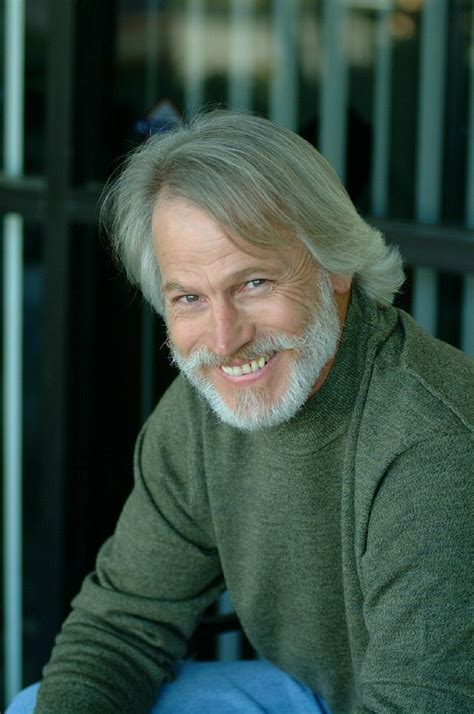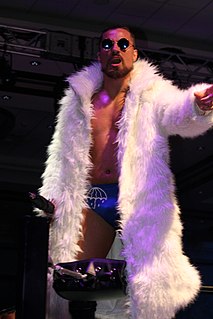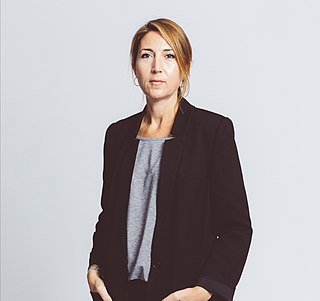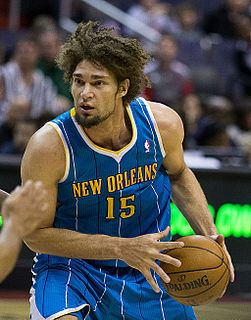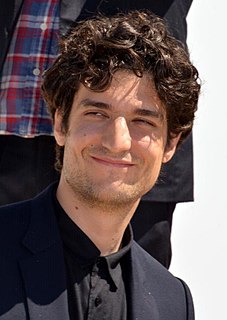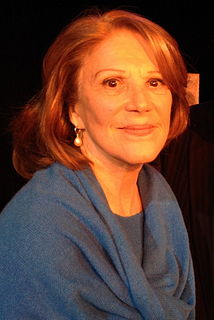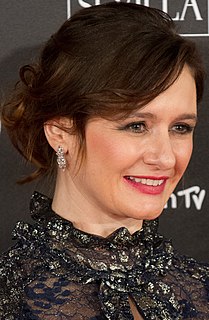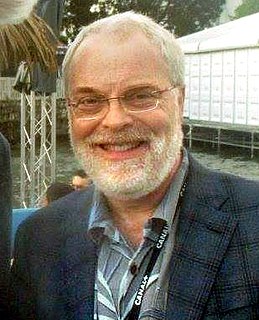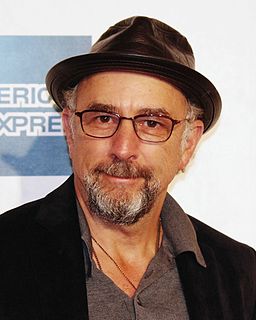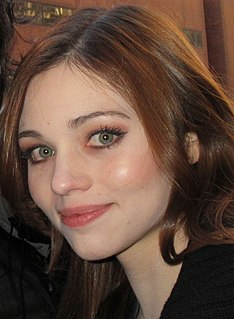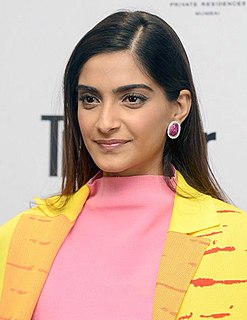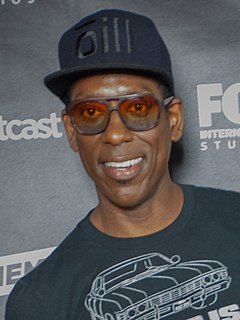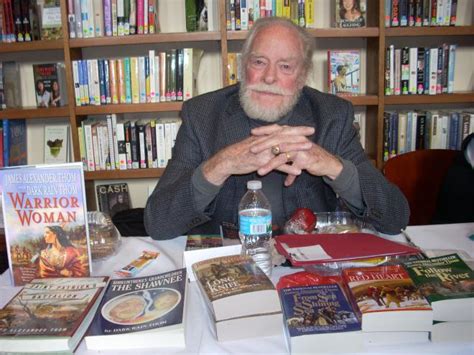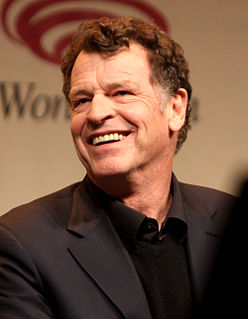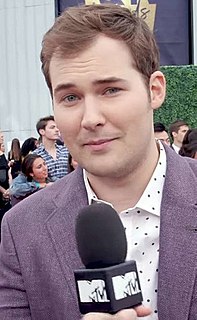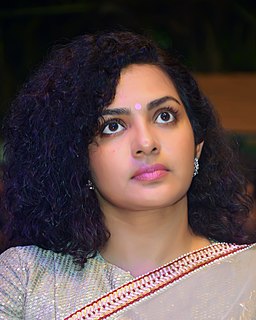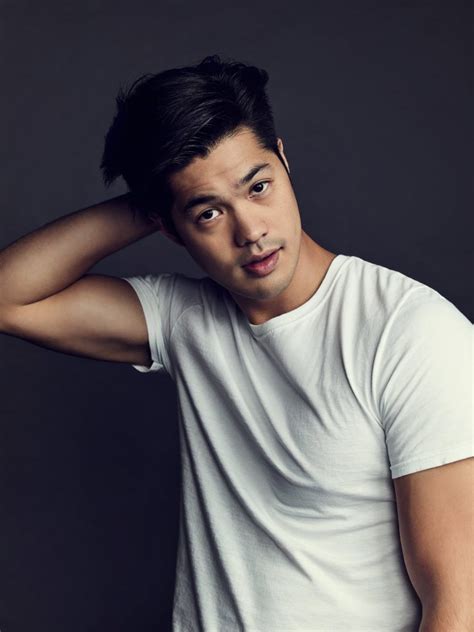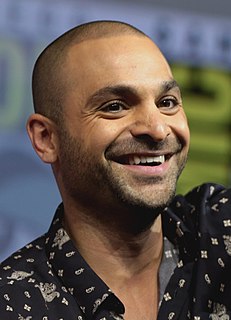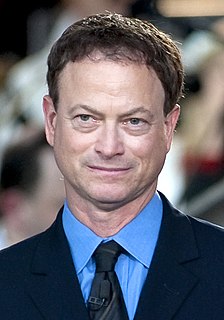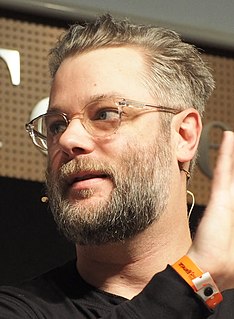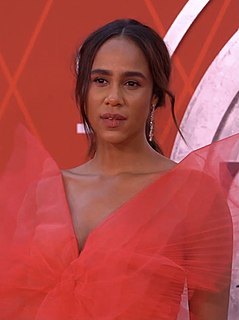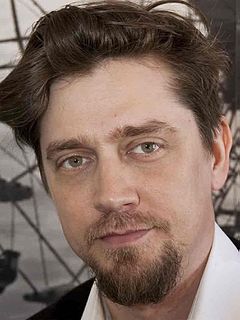Top 1200 Fictional Character Quotes & Sayings - Page 13
Explore popular Fictional Character quotes.
Last updated on November 15, 2024.
Obviously, when you're in theater, you have to be in character. You have to prepare for the unexpected. You have to be able to react to things that don't necessarily happen every night, or aren't supposed to happen every night. And you have to react to it in character. In six months, 192 shows, those things did happen. And the experience of that, the ability to stay in character, I feel like I've learned a great deal.
For me, personally, I'm more comfortable with what I would call third-person entertainment, meaning watching a character that's explicitly not me and experiencing something through a character's eyes, than what I would call first-person entertainment, which is a video game in which I am the character.
[John Musker] got me reading the mythology and we very early on we worked up a basic storyline centered around the character of Maui. He just seemed like a great character to kind of build a movie around. He's this mythic demi-god, bigger than life character. He pulled up islands with his magical fishhook. He slowed down the sun. He's Pan Pacific.
Playing a TV character for seven years is almost like when you do a play. You live, breathe, and everything else with that character 24-7 for six months or four months or whatever, and that gets very deep in your blood. When you do a TV character for seven years, that's a long time. It becomes a seminal era in your life.
I believe that all novels, ... deal with character, and that it is to express character – not to preach doctrines, sing songs, or celebrate the glories of the British Empire, that the form of the novel, so clumsy, verbose, and undramatic, so rich, elastic, and alive, has been evolved ... The great novelists have brought us to see whatever they wish us to see through some character. Otherwise they would not be novelists, but poet, historians, or pamphleteers.
I think it's hard to differentiate between your wrestling character and your real character - you kind of end up being both. I've always been my wrestling character in and out of the ring and in and out of the dressing room, and I was always really respected in the dressing room by the other wrestlers.
When I'm looking for a strong female character, or a strong character at all, I'm looking for a character that has a purpose in that story, that has an interior life of some sort. They don't have to be physically strong; they don't have to be morally strong or ethically strong, because men and women come in a huge variety of all of those things. Emotionally, ethically - I'm less concerned with that. I just don't want them to be props. That's the only thing that offends me.
